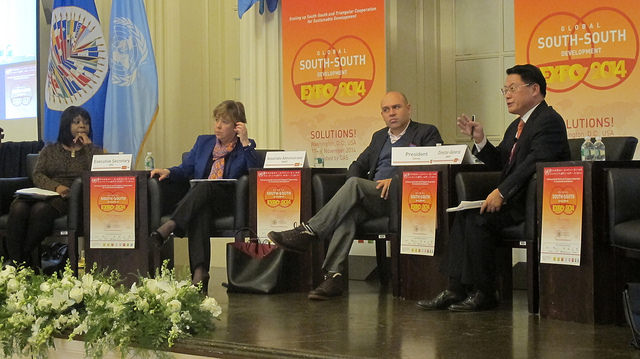South-South and Triangular Industrial Cooperation
Statement by Director General Gerd Müller on the International Day for South-South cooperation - September 12, 2022
What is South-South and Triangular Industrial Cooperation?
In view of UNIDO’s mandate to support Inclusive and Sustainable Industrial Development (ISID), the organization defines South-South and triangular industrial cooperation (SSTIC) as a form of collaboration between and among countries of the South for the promotion of ISID, supported by UNIDO and/or a Northern partner. UNIDO’s SSTIC services are following the principles for South-South cooperation set out in the Buenos Aires outcome document: (i) respect for national sovereignty; (ii) national ownership and independence, (iii) equality, (iv) non-conditionality, (v) non-interference in domestic affairs, and (vi) mutual benefit.
2022
1 Feb 2022
The Office of South-South and Triangular Cooperation (ODG/OSC) was established to lead, promote, coordinate and support UNIDO's efforts in the area of SSTIC under the overall direction of the Director General and the Chief of Cabinet.
2019
29 May 2019
UNIDO Policy on South-South and Triangular Cooperation was promulgated against the backdrop of UN system-wide and global calls for strengthened support to South-South cooperation, anchored by the adoption of the Buenos Aires outcome document at the Second High-level United Nations Conference on South-South Cooperation. The Policy introduces the rationale for increased SSTIC at UNIDO, provides key definitions, presents key SSTIC principles and provides guidance on the way forward.
29 May 2019
2016
29 Feb 2016
The updated version of the UNIDO Operational Strategy for SSTIC, focusing on revisiting and integrating UNIDO’s SSTIC services within the Organization’s renewed ISID mandate and in light of the adoption of the 17 SDGs was approved.
2015
28 Feb 2015
The Programme for Country Partnership for Ethiopia was approved by the Government of Ethiopia, with “leveraging impact for ISID through South-South and tripartite cooperation” as one of the three key outcomes.
28 Feb 2015
2013
30 Dec 2013
Lima Declaration: Towards Inclusive and Sustainable Industrial Development (ISID) was adopted by the 15th Session of General Conference.
30 Sep 2013
A first version of UNIDO Operational Strategy for South-South and triangular industrial cooperation was approved.
30 Sep 2013
2012
12 Nov 2012
UNIDO hosted the 5th Global South-South Development Expo: “Investing in Energy and Climate Change: Inclusive Partnerships for Sustainable Development”.
2008
29 Jul 2008
The Second UNIDO Centre for South-South and Industrial Cooperation launched in Beijing, China, again with full support from the Government of China
29 Jul 2008
2007
28 Feb 2007
The First UNIDO Centre for South-South and Industrial Cooperation was launched in New Delhi with full support from the Government of India.
2005
29 Jun 2005
“Promotion of South-South cooperation” as “an important feature of UNIDO’s work in the coming years” was included in the Organization’s Strategic Long-Term Vision for the year 2005 – 2015. In the same year, a coordination unit on Technical Cooperation among Developing Countries (TCDC) was established.
29 Jun 2005
2001
30 Dec 2001
At its ninth session held in Vienna, Austria, from 3 to 7 December 2001, the General Conference of UNIDO adopted the Medium-Term Programme Framework 2002 – 2005, stressing “the importance of promoting South-South collaboration and cooperation activities, taking into account the interests of all relevant actors and stakeholders”.
1975
27 Mar 1975
The Lima Declaration and Plan of Action on Industrial Development and Cooperation was adopted at the Second General Conference of UNIDO, held in Lima, Peru, from 12 to 26 March 1975. The Lima Declaration of 1975, as a historical milestone for UNIDO, has placed great emphasis on the role of technical and financial resources from developing countries in promoting the industrial, economic, and social development of developing countries, in particular of the least developed countries, calling for “greater technical and economic cooperation among [developing countries] themselves”.
27 Mar 1975
SSTIC at UNIDO: Our comparative advantage
UNIDO, as a specialized UN agency mandated to support Inclusive and Sustainable Industrial Development (ISID) and international industrial cooperation, plays a pivotal role in providing a stimulus to SSTIC by bringing forward its expertise and time-tested field experience in support of industrial development in developing countries, particularly the LDCs. UNIDO has been working with governments, business associations and individual companies to solve industrial problems for more than 50 years, earning a reputation as the world’s most experienced industrial problem solver, as well as a neutral and honest broker in promoting cooperation and coordination among countries around world. UNIDO is fully committed to contributing to the achievement of the SDGs, particularly Goal 9 focusing on Infrastructure, Industry and Innovation, while delivering on its mandate to support the Member States in achieving ISID.
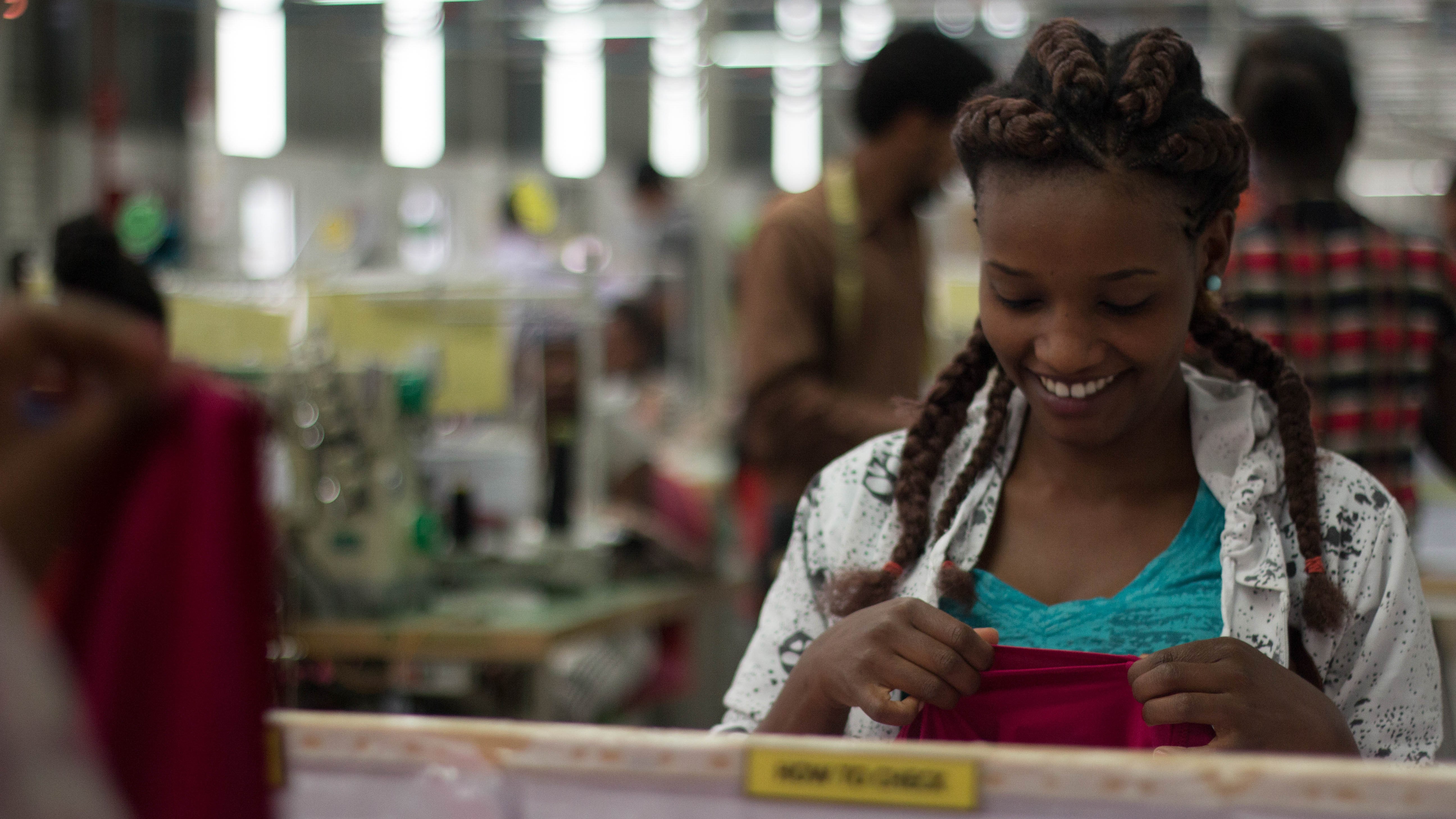
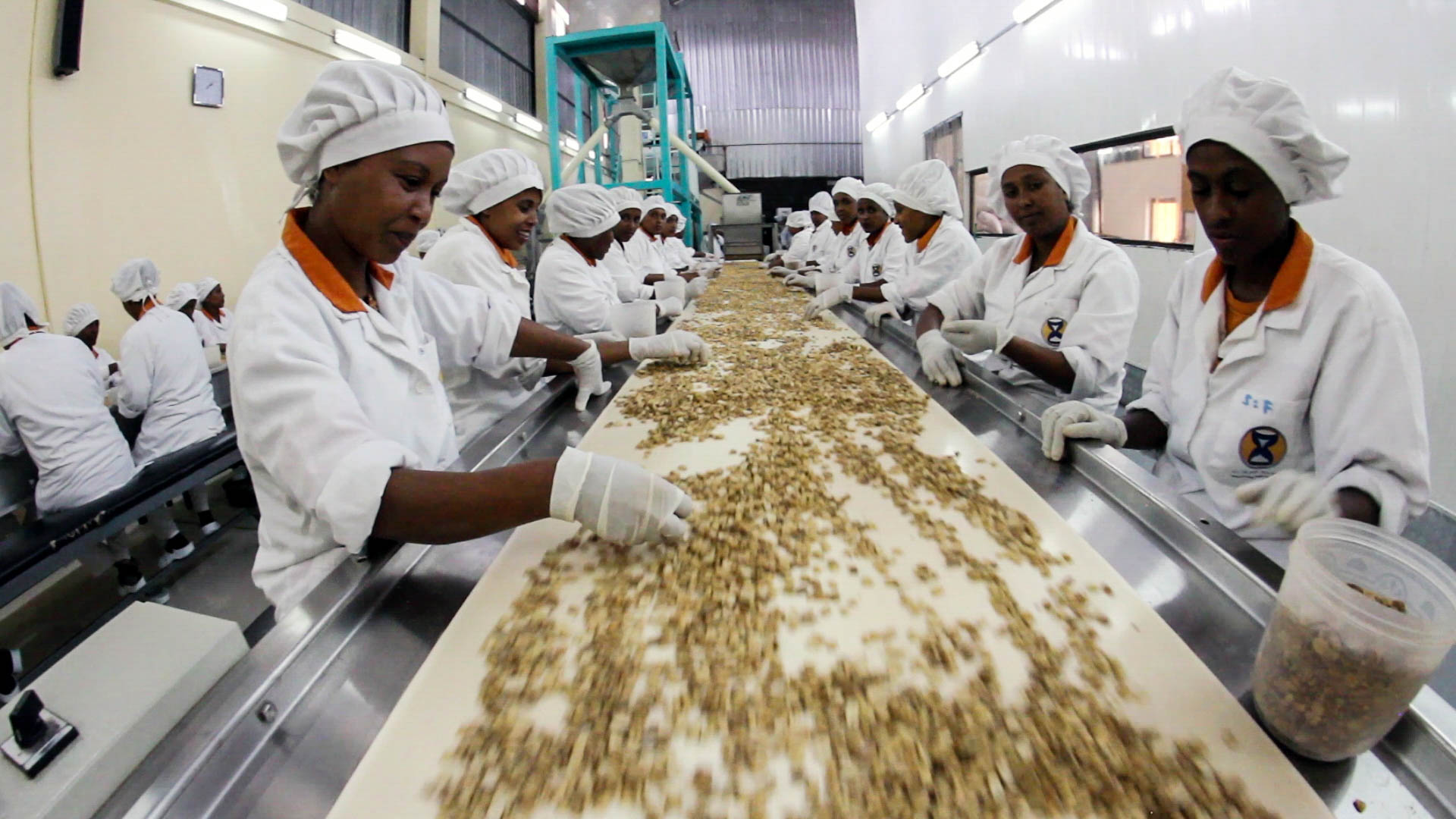
SSTIC at UNIDO: Our Network
A wide range of centres of excellences and networks promotes South-South and triangular industrial cooperation in UNIDO’s areas of competence. These centres and networks serve to:
- Strengthen capacities for technology promotion and transfer among developing countries;
- Source technology from developing countries by providing a platform for partners to source suppliers from the developing world;
- Enhance human capacity through increased development of industrial skills, entrepreneurship and technology-absorbing competencies;
- Build the capacity of enterprises and local institutions at the regional and national levels;
- Promote mutual recognition of testing certificates, product standards and quality schemes among developing countries;
- Promote knowledge management and exchange among stakeholders.
Networks:
- The UNIDO Centre for South-South Industrial Cooperation;
- UNIDO Field Offices;
- The International Centre on Small Hydro Power;
- The Resource Efficient and Cleaner Production Network;
- The Climate Technology Centre and Network;
- The Global Network of Regional Sustainable Energy Centres;
- The International Centre for Inclusive and Sustainable Industrial Development;
- The UNIDO Network of Investment and Technology Promotion Offices
- The UNIDO Network of Subcontracting and Partnership Exchange.
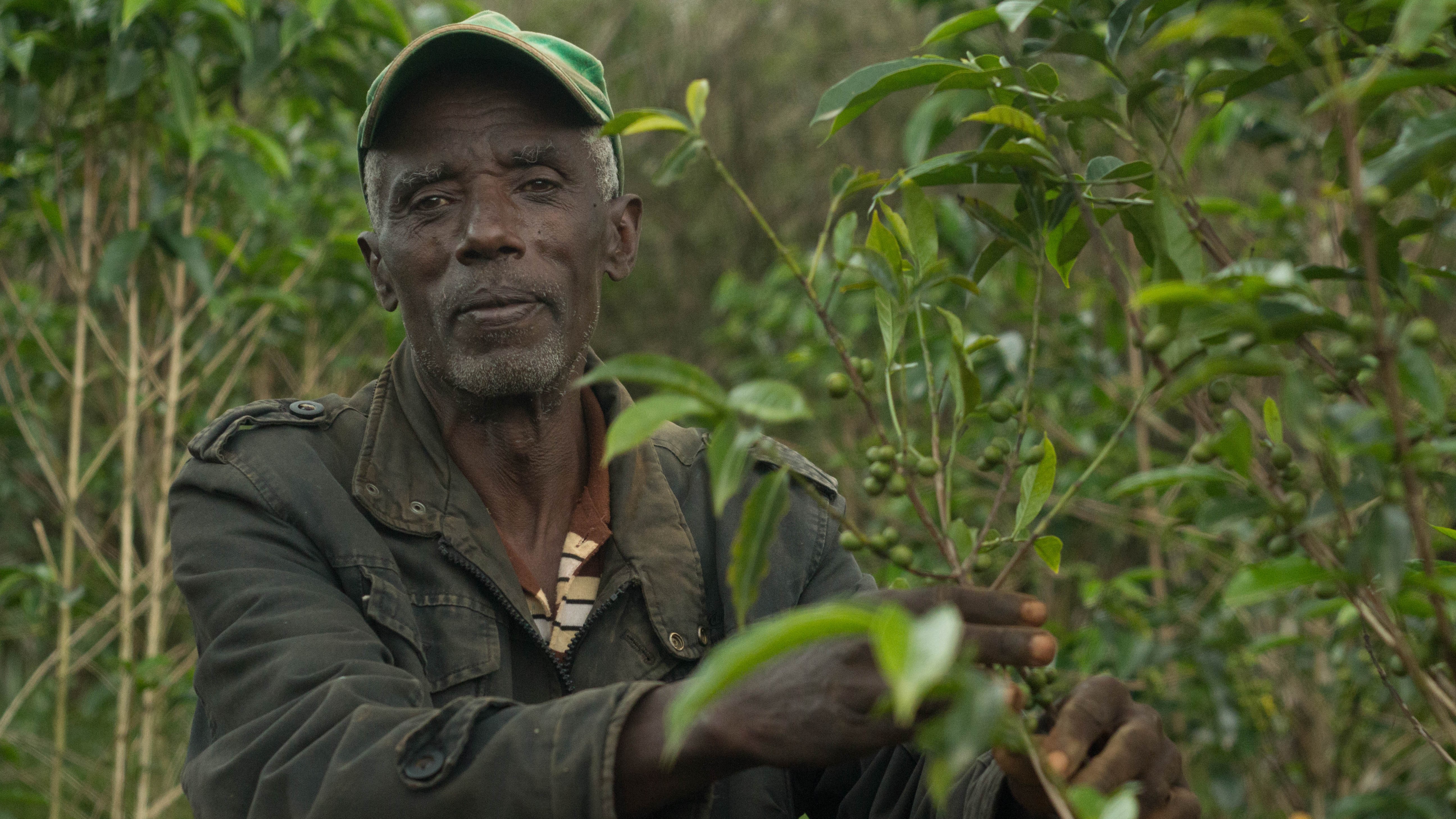
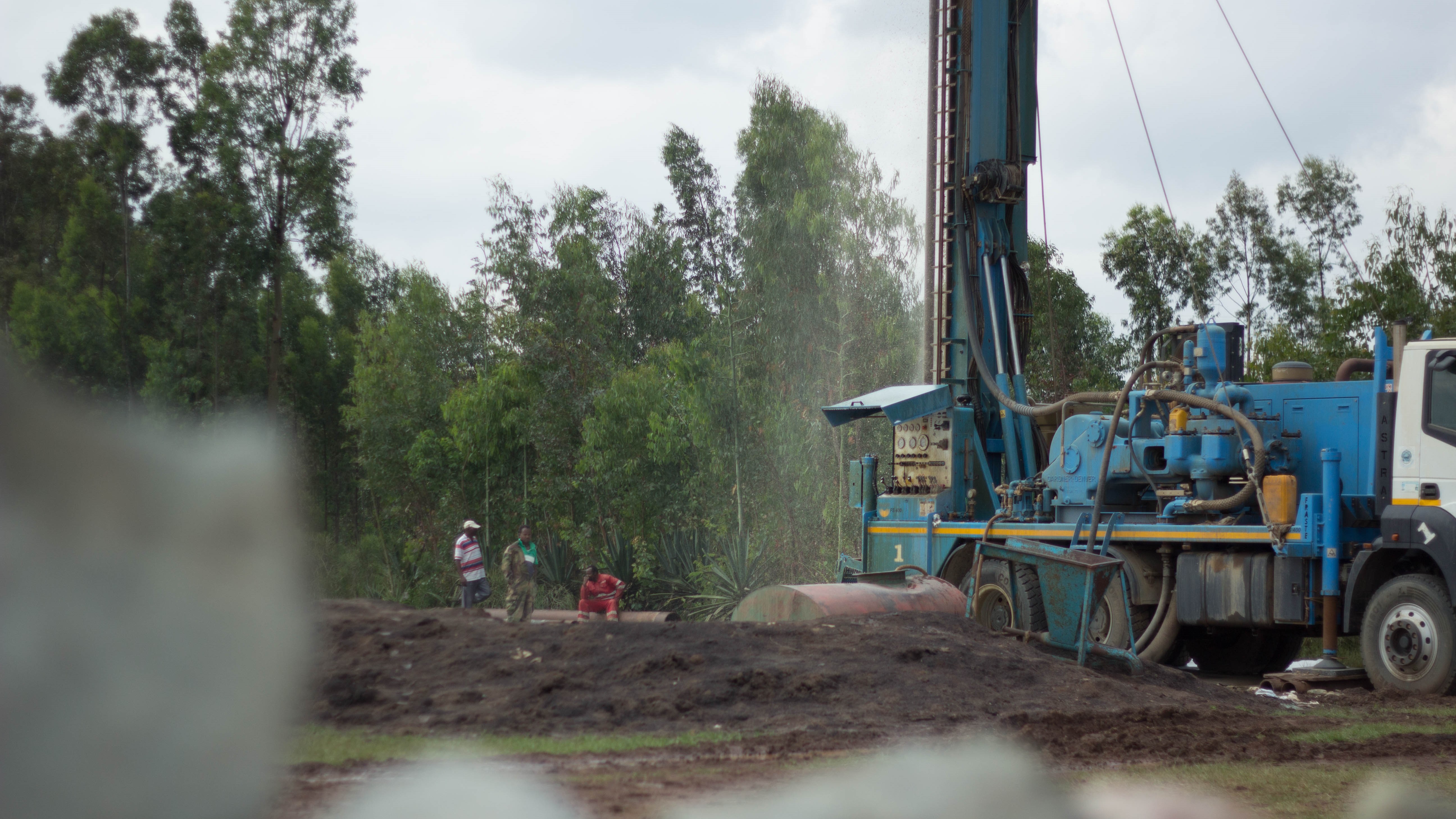
South-South and Triangular Cooperation within the UN System
Buenos Aires Plan of Action (BAPA) for Promoting and Implementing Technical Cooperation among Developing Countries (TCDC)
BAPA was adopted by consensus at the United Nations Conference on Technical Co-operation among Developing Countries, held in Buenos Aires, Argentina in 1978. BAPA represents a major milestone in the evolution of technical cooperation, establishing its role as a vital instrument for fostering South-South cooperation. BAPA provides the conceptual underpinning as well as a practical guide for realizing the objectives of TCDC, centering on “the furthering of the national and collective self-reliance of developing countries and the enhancement of their creative capacity to solve their development problems”.
Nairobi Outcome Document
On the occasion of the 30th anniversary of BAPA, the High-level United Nations Conference on South-South Cooperation, held in Nairobi, Kenya in 2009, adopted the Nairobi Outcome Document, which was subsequently endorsed by the General Assembly. The Nairobi Outcome Document was adopted against the backdrop of an expansion of cooperation among developing countries, from the technical domains, to, among other things, the creation of regional custom unions, and “cooperation in political fields, institutional and regulatory frameworks, and inter-State transport and communications networks”. The Nairobi Outcome Document defined a set of normative and operational principles that continue to guide how the South-South cooperation modality operates.

2030 Agenda for Sustainable Development
In 2015, the international community adopted a new, ambitious 2030 Agenda for Sustainable Development to guide action by the international community and by national governments to promote shared prosperity and well-being for all over the next 15 years. The 2030 Agenda for Sustainable Development recognizes the salient role of South-South cooperation in achieving its goals and targets. Sustainable Development Goal 17 (“Strengthen the means of implementation and revitalize the global partnership for sustainable development”) made explicit references to the role of South-South and triangular cooperation in mobilizing additional financial resources for developing countries, enhancing access to science, technology and innovation, enhancing knowledge sharing on mutually agreed terms, as well as implementing effective and targeted capacity-building in developing countries, for the implementation of all the sustainable development goals.
The Addis Ababa Action Agenda, the Paris Agreement, the Third Industrial Development Decade for Africa, and other internationally agreed development goals
South-South cooperation is also increasingly seen as having immense potential in contributing to the achievement of a wide range of internationally agreed development goals. Major frameworks, including the Addis Ababa Action Agenda of the Third International Conference on Financing for Development, and the Paris Agreement under the United Nations Framework Convention on Climate Change, have given new impetus to South-South and triangular cooperation. In July 2016, the United Nations General Assembly proclaimed the period 2016 – 2025 as the Third Industrial Development Decade for Africa (IDDAIII), underlining the need for sustainable industrialization of Africa. South-South and triangular cooperation was explicitly called upon for the implementation of IDDA3 in support of Africa’s industrialization.
Buenos Aires Outcome Document
A decade after the adoption of the Nairobi Outcome Document, the Second United Nations High-level Conference on South-South Cooperation, known as “BAPA +40 Conference”, was held again in Buenos Aires, in 2019. The BAPA +40 Conference, held under the overreaching theme of “Role of South-South cooperation and implementation of the 2030 Agenda for Sustainable Development: challenges and opportunities”, adopted an action-oriented, intergovernmentally agreed Buenos Aires Outcome Document that affirmed the role of South-South cooperation in the evolving landscape of development cooperation.
How UNIDO works to promote South-South cooperation?
In light of the changing global industrial setting, UNIDO plays an important role in the United Nations system with regards to South-South Cooperation, as it strives to be:
- Engaged in the implementation of technical cooperation projects;
- A global convener for South-South cooperation and Triangular Cooperation dialogue;
- A broker/sponsor of partnerships & knowledge exchange among Northern and Southern countries;
- An active agent and monitor of South-South cooperation global processes, dynamics and future modalities.
UNIDO promotes South-South cooperation through the following activities:
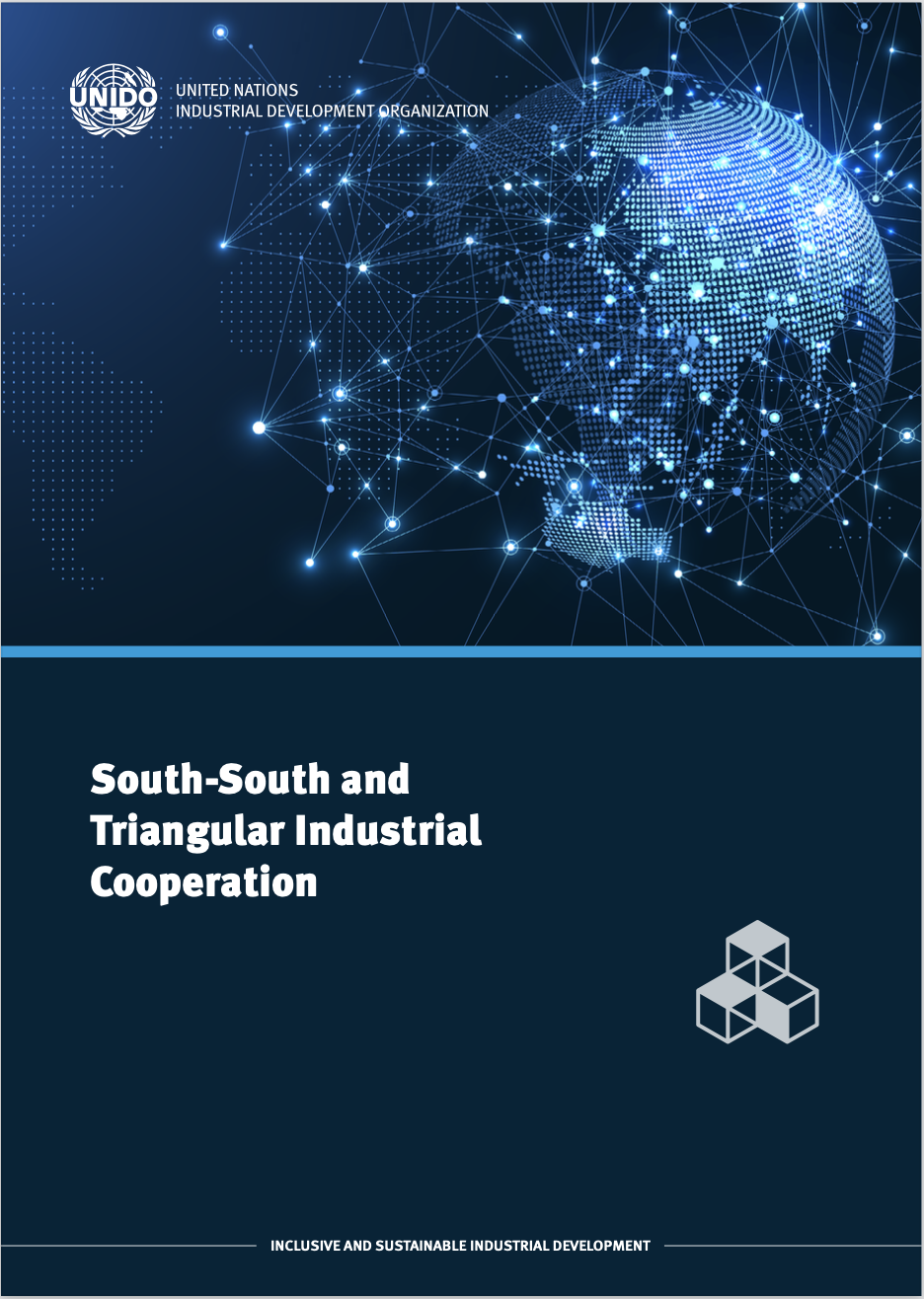
South-South and Triangular Industrial Cooperation
UNIDO technical cooperation projects with South-South cooperation modalities

UNIDO platforms, networks and partnerships with South-South cooperation modalities
UNIDO as a global convener on South-South cooperation
Infobox
|
What is South-South Cooperation and Triangular Cooperation? South-South Cooperation is “a process whereby two or more developing countries pursue their individual and/or shared national capacity development objectives through exchanges of knowledge, skills, resources and technical know-how, and through regional and interregional collective actions.” Triangular Cooperation is “Southern-driven partnerships between two or more developing countries supported by a developed country(ies) or multilateral organization(s) to implement development cooperation programmes and projects.” |
For more information, please contact:
Mr. YAO Shenhong
Director
UNIDO Office of South-South and Triangular Cooperation (ODG/OSC)
Email
Mr. PAULOSE Pradeep
Industrial Development Officer
UNIDO Office of South-South and Triangular Cooperation (ODG/OSC)
Email
